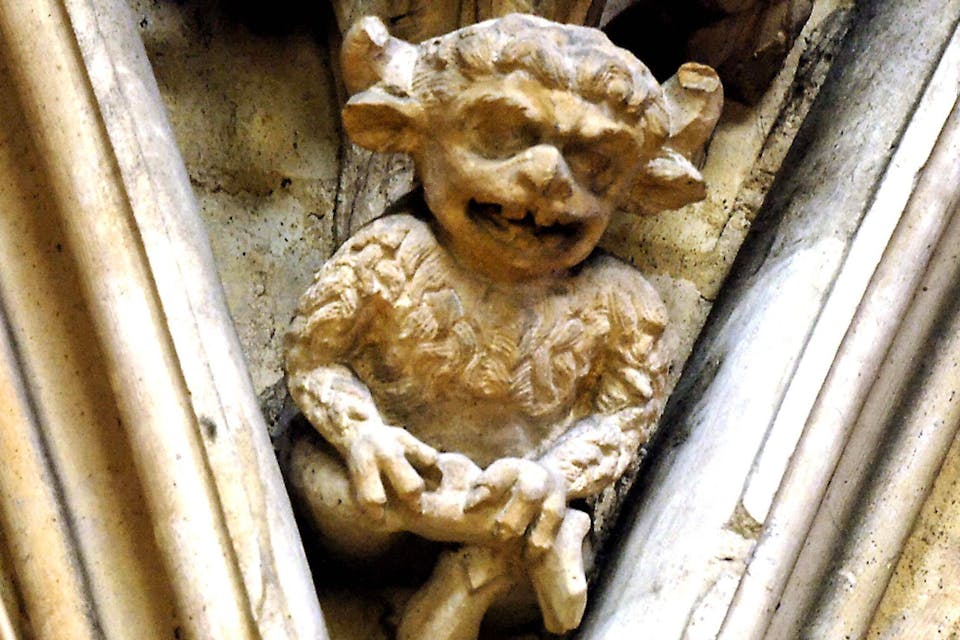
November 25, 2015
The Tree of Knowledge of Positivity and Negativity
How to translate the rabbinic term yetser ha-ra—and how not to.
“Who is brave? The one who subdues his negative inclination,” is how the Jerusalem-based journalist Eetta Prince-Gibson, writing in the October 30 Forward, translates a well-known saying of the Mishnaic sage Ben-Zoma. This maxim, which appears in the tractate of Pirkey Avot (known in English as “Ethics of the Fathers”), comes in four parts. The other three are: “Who is rich? The one who is content with his lot”; “Who is honored? The one who honors others”; and “Who is wise? The one who learns from every man.” There’s a lot to be learned from Ben-Zoma.
But “negative inclination”? This is the first time I’ve come across the rabbinic term yetser ha-ra translated this way. “Evil inclination” is common. So is “evil urge.” One also encounters “evil impulse” or “impulse to evil.” Only in our own unprecedentedly positive age could the Hebrew word ra, “bad” or “evil,” be rendered as “negative.” Presumably, Prince-Gibson would translate Genesis 2:9 as “And the Lord God caused every tree to grow from the earth . . . the tree of life in the midst of the garden, and the tree of knowledge of positivity and negativity.”
Actually, Ben-Zoma doesn’t even speak of the yetser ha-ra, which is traditionally opposed in rabbinic discourse to the yetser ha-tov or “good inclination.” He who is brave, Ben-Zoma states, subdues or conquers his yetser, with no qualifying adjective at all. And indeed, although the rabbis often refer to the yetser and yetser ha-ra as if they were one and the same, they never do this with the yetser and yetser ha-tov. When yetser appears by itself, it always denotes the yetser ha-ra. How, then, should these terms be translated?